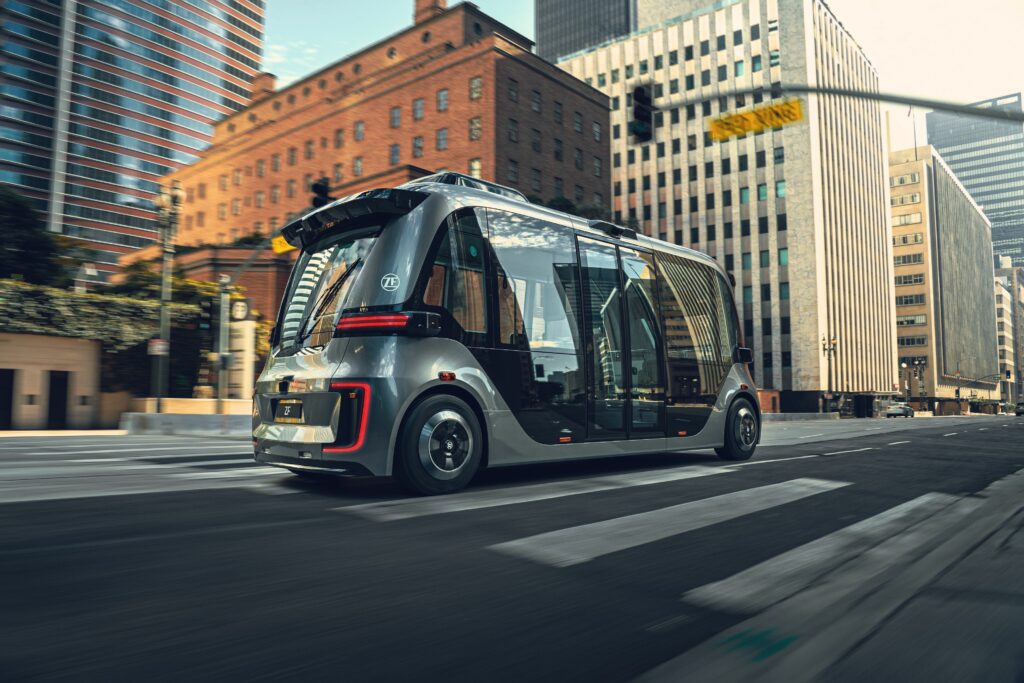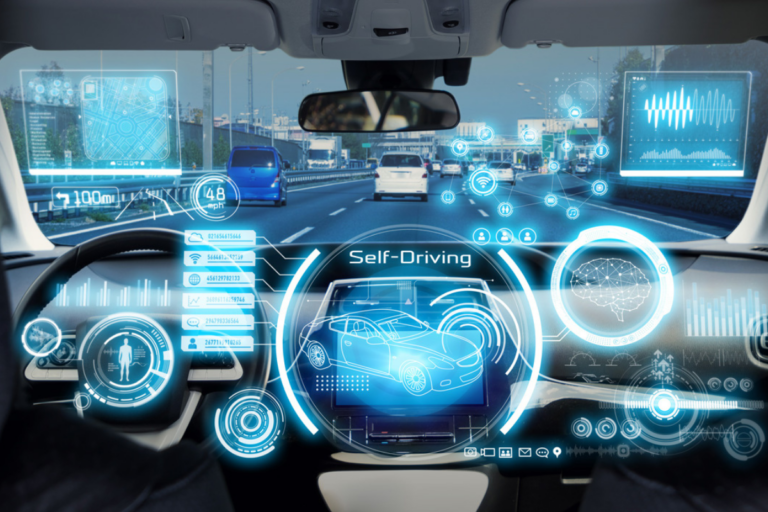Autonomous vehicles, once confined to the realm of science fiction, are now becoming a tangible reality. With advancements in artificial intelligence, sensor technology, and machine learning, self-driving cars, trucks, and drones are edging closer to widespread adoption. However, as these technologies mature, it’s imperative to assess not only their technical progress but also their societal implications.
Significant strides have been made in the development of autonomous vehicles in recent years. Companies like Waymo, Tesla, and Uber have been at the forefront, testing and refining their autonomous driving systems. These vehicles rely on a combination of sensors such as lidar, radar, cameras, and sophisticated algorithms to perceive and navigate the environment.
Despite these advancements, challenges remain. Safety concerns, particularly in complex urban environments and adverse weather conditions, persist. Additionally, regulatory hurdles, liability issues, and ethical dilemmas surrounding decision-making in critical situations need to be addressed before widespread adoption can occur.
The potential societal impact of autonomous vehicles is profound and multifaceted. On one hand, proponents argue that self-driving technology could significantly reduce accidents, congestion, and pollution. By optimizing traffic flow and eliminating human error, autonomous vehicles have the potential to save countless lives and revolutionize transportation.

However, the widespread adoption of autonomous vehicles also raises concerns. Job displacement in industries such as transportation and logistics is a significant worry. Millions of people worldwide rely on driving as their primary source of income, and the automation of these jobs could exacerbate economic inequality.
Moreover, questions regarding data privacy, cybersecurity, and infrastructure readiness loom large. Autonomous vehicles generate vast amounts of data, raising concerns about who has access to this information and how it’s used. Ensuring the security of these systems is paramount to prevent potential cyber attacks and safeguard passenger safety.
In conclusion, while the dream of autonomous vehicles is inching closer to reality, there are still hurdles to overcome before widespread adoption can occur. Technical challenges must be addressed to ensure the safety and reliability of self-driving systems, while societal implications such as job displacement and privacy concerns require careful consideration.
As we navigate the road ahead, it’s essential to strike a balance between innovation and responsibility. By addressing these challenges head-on, we can harness the transformative potential of autonomous vehicles while mitigating their risks and ensuring a more equitable future for all.
You may also like:
- First Tesla Cybertruck Police Car in the World
- Navigating the Frontiers of Frontend Development: Trends and Insights
- The Road Ahead: Assessing the Progress and Societal Impact of Autonomous Vehicles
- Lego reveals NASA Artemis rocket and Milky Way sets coming in May.
- This revolutionary triple-laser projector can display a 150-inch image with 3,000 lumens of brightness, so forget about OLED TVs.


